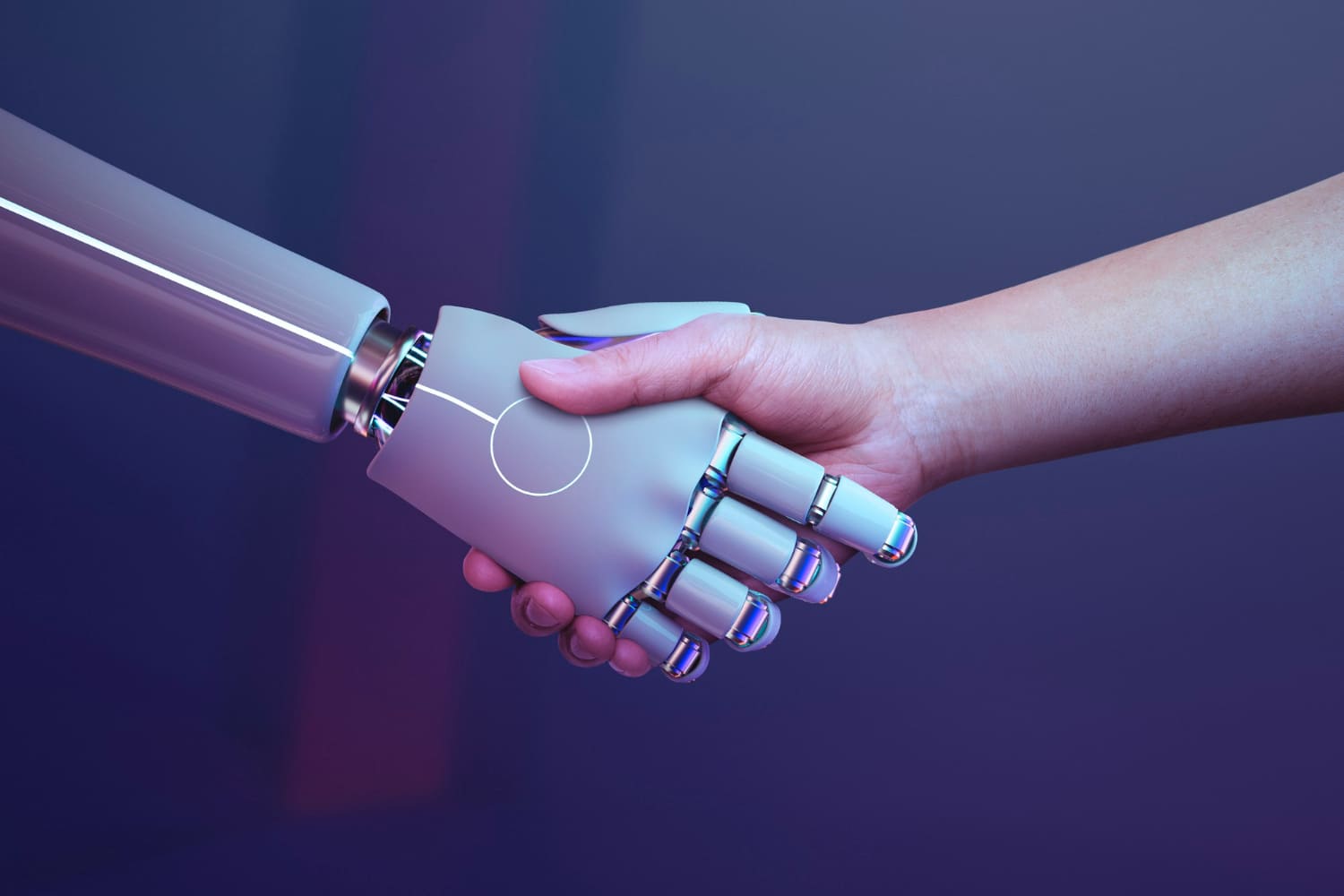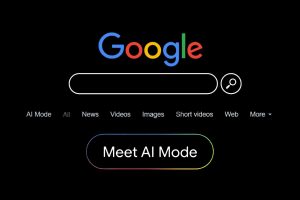Let us first introduce you to the term AI. In layman’s terms, AI aka Artificial Intelligence means the use of computers to do things that were previously done through human intelligence. Now you must be thinking, will AI put people out of work? The answer can be a plain yes and no, yes because AI-Driven Job Market will replace manual tasks, no because it will create a wide array of newer opportunities.
According to the World Economic Forum report, 75% of companies will adopt big data, cloud computing, and AI in the next five years and the impact of most technologies on jobs is expected to be net positive in the next five years.
Thus, Ginni Rometty rightly said, “Some people call this artificial intelligence, but the reality is this technology will enhance us. So instead of artificial intelligence, I think we’ll augment our intelligence.”
Impact of AI on the Job Market
AI can significantly transform the job market. It will prove to be cost-effective and a safer option in many industrial segments. If used in collaboration with human intelligence, it can prove to be a game changer. Consider, for example, if AI is used in healthcare for the timely diagnosis of diseases; doctors will then be able to help patients in curing that disease. This is a perfect example of harmony between AI and humans.
According to Fei-Fei Li – “If you want to go quickly, go alone. If you want to go far, go together. Artificial intelligence and humans will solve society’s biggest challenges by working together.”
Let’s examine closely the impact of AI in the current job market-
Creating Jobs
Since the advent of AI, we have been talking about how AI can replace jobs and lead to unemployment, but there is a different aspect that has been overlooked, that is, AI will also create jobs and bring employment opportunities.
Specialized and skilled professionals will be required to develop and maintain AI. New job opportunities like AI Specialists, Data Specialists, and Machine Learning Engineers are emerging. AI will lead to new jobs which were previously unknown.
Furthermore, AI will lead to the creation of new products and services which will indirectly impact employment opportunities in various fields. As Senthil Padmanabhan, vice president and technical fellow at eBay, says that “AI won’t take away jobs, but people who use AI will.”
Improving Efficiency and Productivity
To cope with the AI revolution, organizations will have to reconsider their job roles and the workforce accordingly. Instead of seeing AI as a threat, organizations can embrace it as a tool for improving efficiency and productivity.
Incorporating AI in the organization to automate repetitive and tedious tasks can help human workers to devote more time and effort toward specialized tasks. This will benefit workers by making them more productive, instilling in them a sense of creativity, and making them capable of taking better job roles.
Nagarro’s, Anurag Sahay says, “AI is definitely helping organizations become more efficient. Consider the task of inputting information from an 80-page PDF document with nested hierarchical tables and numerical values into a digital system. If an activity like this would have cost X amount of time and X amount of effort in the past, it now takes only 0.3X of the cost and total time that it used to take. That translates to a 70% improvement in automation and efficiency, which is now very standard. These are numbers from actual use case implementations that we are performing for enterprises”
New opportunities
AI is creating new opportunities and business models by transforming various industries. From driverless cars to personalized healthcare, it is driving innovation across sectors. Unfortunately, when we talk about AI-Driven Job Market, we often fail to consider the new employment opportunities that will emerge in fields like information input, record updating, system maintenance, and security monitoring.
Furthermore, there is a growing demand for workers who are experts not only in technical skills but also in soft skills. This provides opportunities for individuals to grow and excel in specific fields.
How to Prepare for the AI-Driven Job Market
According to the Stanford University 2023 AI Index Report, AI models are starting to rapidly accelerate scientific progress and in 2022 were used to aid hydrogen fusion, improve the efficiency of matrix manipulation, and generate new antibodies.
However, with advancements in scientific progress, the demand for AI-Driven Job Market related professional skills is increasing across virtually every industrial sector. Thus, to cope with this increasing demand you need to prepare for an AI-driven job market by adopting certain steps:
Reskilling and Upskilling
To cope with this current scenario reskilling and upskilling will play an important part. It will help you in transitioning from a redundant career to a new profession. It will increase competitiveness, thereby pushing you towards acquiring in-demand skills like machine learning, cyber security, etc. You will have to embrace change and adopt a growth mindset that will lead to continuous improvement.
Pursuing Specialised Education
Striving for better education and career prospects is always a good idea. Growing in specialized fields and opting for specialized courses can open a wide array of opportunities. Working professionals can benefit from online learning programs like an online MBA in IT or AI, Diploma and PGP programs in AI, ML, and more. Taking webinars, attending online classes, and attending events around your field can help you keep updated with industry trends. To stay relevant & productive in the job market, it is imperative to pursue AI courses.
Mastering Soft Skills
AI can master automation but when it comes to soft skills like creativity, problem-solving, and critical thinking, it will always be the human mind that will get a greater preference. Developing skills in analysis, reasoning, and creative problem-solving is highly valued.
To prepare for the entry of AI into the workforce, it is important to develop soft skills such as:
- Solving issues
- Managing people
- Negotiating
- Creating presentations and
- Providing individualized service.
Takeaway
The rise of AI can bring both opportunities and challenges. While job displacement can be a concern, understanding the potential impact of AI, embracing it, and developing the right skills will ensure prosperity and sustainability in the future.
The AI boom is here and modern technologies will continue to replace traditional ones. Despite all this, AI can never surpass human creativity and thinking. Thus, lifelong learning, upskilling, soft skill development, and specialization are required to survive in the AI workplace.












